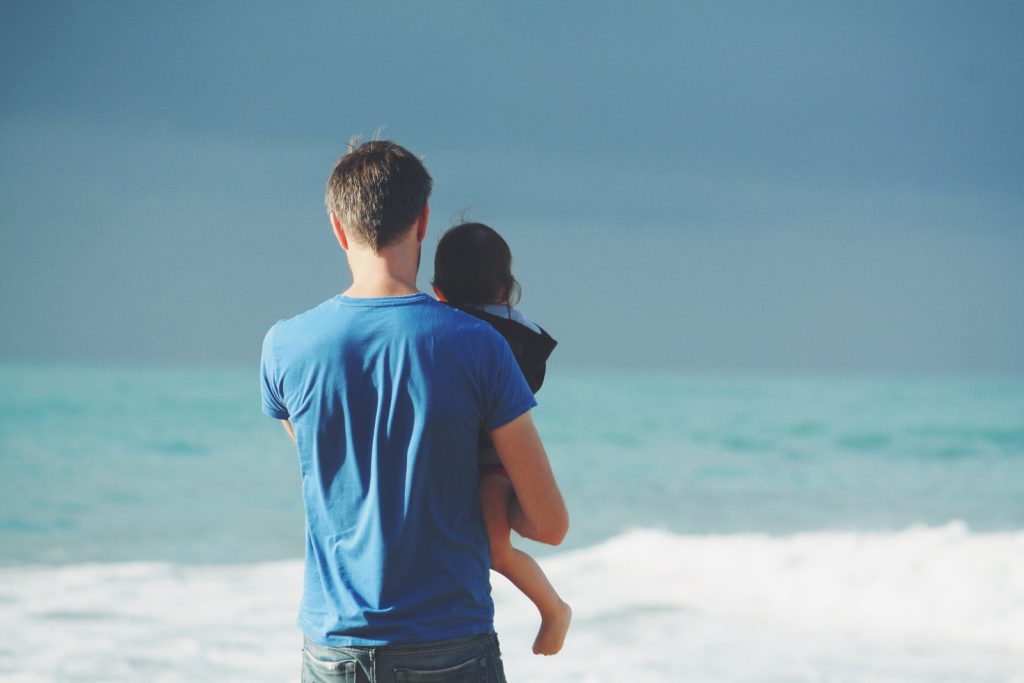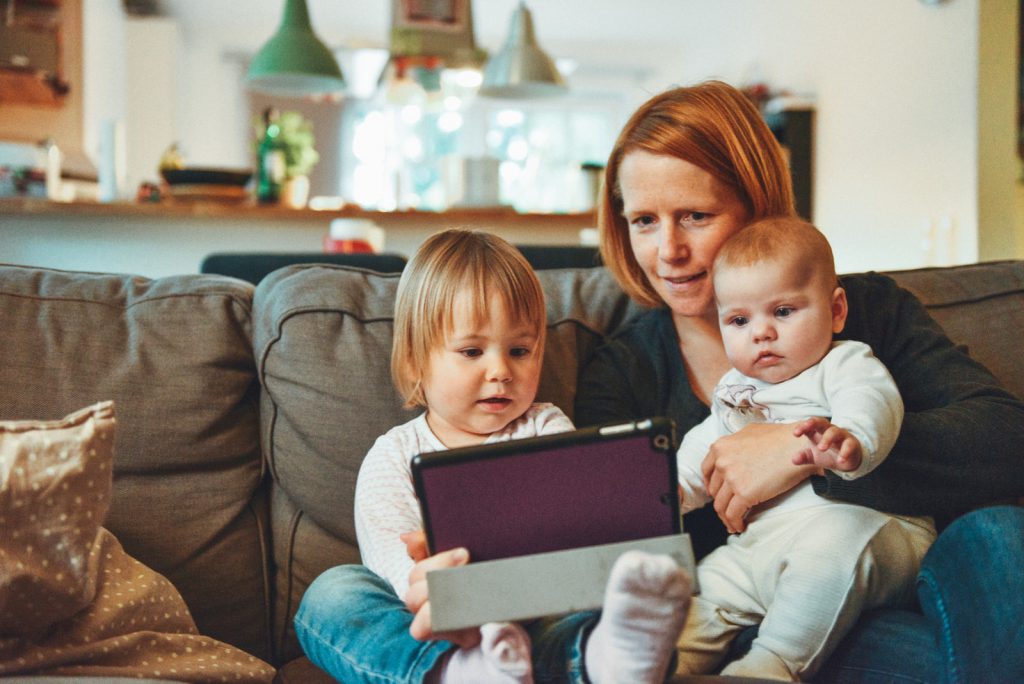Parenting
- Home
- Parenting
Addiction affects everyone, not just the person that is abusing drugs and alcohol. It is estimated that 18 million children in the United States have parents who are struggling with a substance use disorder. When parents seek treatment for their addiction, it benefits everyone. However, it can be challenging to effectively parent when the parent-child relationship was built around addiction. Fortunately, parenting classes can give you the tools you need to build a new and healthy bond with your children.
The Effects of Addiction on Children and Families

Children who grow up in dysfunctional or addicted households are at a distinct disadvantage compared to their peers who have more stable home environments. Children may feel like they have to take care of their parents or cover for them. Older siblings may have to take care of younger siblings because their parents aren’t able or willing to provide care. Furthermore children growing up in a home where addiction is present are more likely exposed to a disordered home environment, witness emotional, physical or sexual abuse. This has a lifelong impact on the child’s wellbeing.
The addict can be consumed with their own experience that they do not realize the children could be suffering from negative consequences.
Children with an addicted parent could experience:
- Neglect
- Mistreatment
- Abuse
- Adverse parent child interactions
- Decreased levels of supervision
- Harsh parenting
- Inconsistent parenting
- Inconsistent discipline
- Witness to extreme marital discord
Oftentimes, the addicted parent isn’t fully aware of what their children are experiencing. However, in order to help the family heal from the effects of addiction, it is imperative that parents acknowledge what the children experienced. Learning what to expect when the family reunites, positive and healthy parenting skills, along with continued self-care while being a responsible parent will help reinforce recovery and reunion.
COMMON ISSUES FOR NEWLY SOBER PARENTS

Parenting brings on a new level of challenges for a newly sober parent. Parenting is difficult for parents who have not had the complications of a substance abuse disorder, mental illness, or emotional problems. Give yourself permission to understand that you will make mistakes, and make a commitment to rectify them. Your child may have been the caretaker in your relationship when the addiction was in control of you. Be sure you have the conversations with your child that allow them to understand you have been actively learning how to be a better parent.
Older children of an addicted parent are more likely to become addicted or experiment with alcohol and drugs. Learning how to deal with this situation is also important when the addict is in treatment. Exploring feelings of guilt with this subject is important to work through. Learning how to tackle addiction behaviors with your own child must be addressed.
PARENTING CLASSES HELP YOU LEARN ABOUT YOUR CHILD
Understanding how children grow and develop is important to know as a parent. Having expectations and comparing your child to what you experienced yourself in youth can often be unrealistic. Allowing your child to discover who they are and discover their own personality is healthy behavior, albeit a challenging one, and it is important to let your child go through this process.
Improving parental empowerment and competency are reasons that parenting classes in treatment are important. Parenting education can improve parents’ sense of competency and self esteem when they see the positive changes that transpire. Learning effective communication skills will restore fractured relationships and help to more effectively navigate day-to-day parenting challenges. Feeling secure in your parenting education can bolster your own mental health, decrease depression and feelings of guilt, anxiety, anger, and stress.
LEARNING ABOUT DISCIPLINE
Consistency
- Always be consistent with discipline
- Try time outs and explain why sometimes people need time to think about their choices
- Ask your child to write about how they could change their behavior
- Let your child know you are always there to help them with tough decisions
Give your child reminders consistently of the positive behavior choices they have. Ask questions when you observe behavior that could go wrong. Be proactive and observant of your child’s emotions and feelings.
Using positive reinforcement
- Help children feel like they are significant and belong
- Be respectful and encouraging
- Talk about important social skills
- Help your child to realize their capabilities
Using your new life skills and emotional control can help you to use positive verbal cues to let your child know that you liked certain behaviors and you are proud of them making good choices.
Proper Nutrition for your Children
Just as you are learning about how important diet is for your wellbeing, mental health, and your emotional outlook, children need this as well. Learning the importance of balanced healthy meals and providing a regular meal routine can be overwhelming. These classes can show you ways to make nutrition fun, while demonstrating how to incorporate healthful options — even on a budget. Talk about the food choices you have made while you are cooking and be open to questions about why your diet is so important.
BABY BASICS
Learning how to take care of an infant involves learning how children develop from birth and why knowing how to care for a child in infancy is particularly important. Your child’s development during the first year is rapid. Knowing how to respond to a crying baby, infant hygiene concerns, nutritional guidelines, and timely doctor visits and vaccinations will help you navigate new parenthood easier. Meeting the needs of an infant does not come naturally and every baby is different. Learning baby basics will build a foundation for effective and healthy parenting.
BENEFITS OF PARENTING CLASSES
Providing guidance for a new sober life with your children is one of the most important tools to learn while in treatment. There may be issues with court ordered parenting classes and our helpful and professional staff can address these concerns while you are in treatment.
ARM Dallas knows the importance of building a healthy parent-child relationship as a pillar of the foundation of recovery. Contact us today for more information about your treatment options for recovery, and to find out more about our parenting classes.
Get Help Now
The first step is always the hardest, but most rewarding. ARM Dallas is here when you’re ready to make a change.
About Us
ARM Dallas is devoted to healing those struggling with addiction, mental health disorders, and dual diagnosis through faith-based treatment and unwavering support.
Explore Our Links
Have a Question?

1128 Reverend CBT Smith St, Dallas, TX 75203


director@armdallas.org
©2021 Copyright ARM Dallas All Rights Reserved


